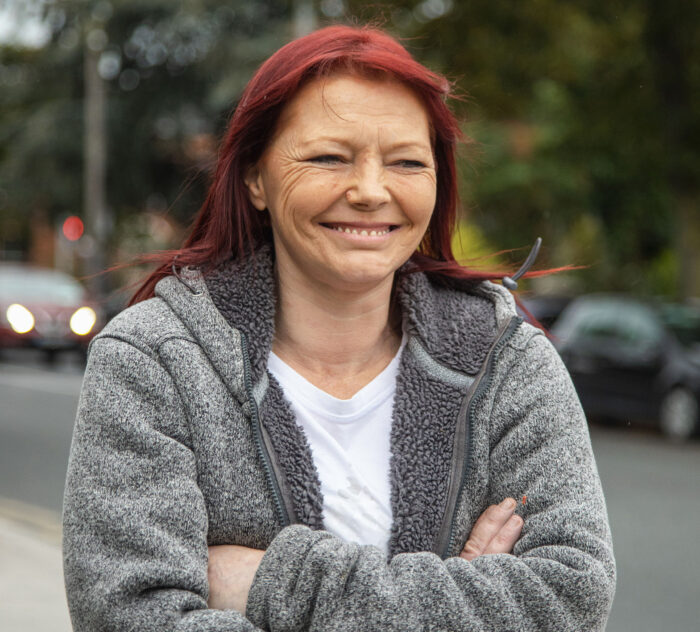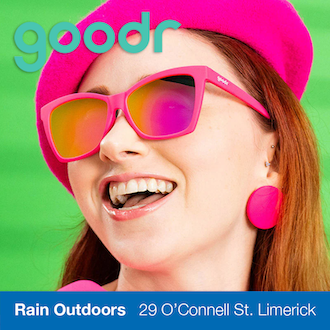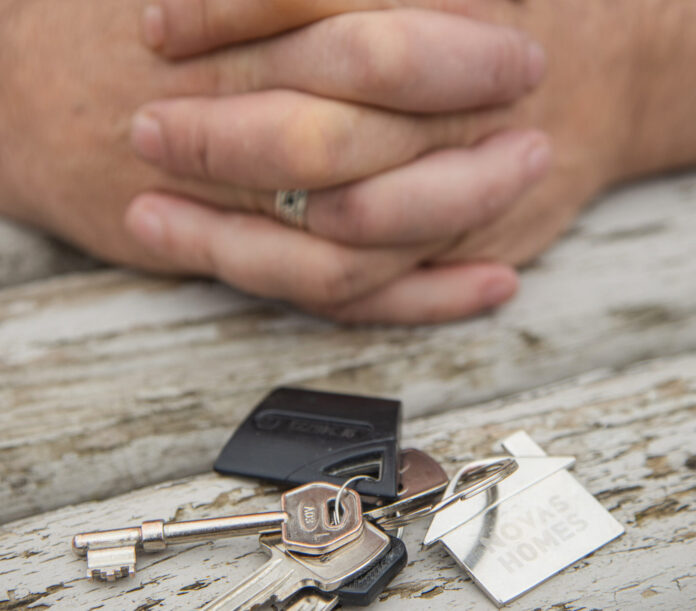
PEOPLE are being forced to live in temporary emergency accommodation for “years rather than months”, according to Limerick homeless charity Novas.
According to its 2021 annual report, published on Friday, Novas, helped almost 6,000 families and individuals, which is a five per cent increase on 2020 and a 285 per cent rise over the past decade.
Novas’s street outreach service provided 16,000 meals last year, an increase of 1,000 meals on 2020, and supported 2,194 children through housing and supports, as well as its Christmas Toy Appeal.
Women now make up a third of the present record-high homeless population, and, in 2021, more women (56 per cent) than men used the Temporary Accommodation services.
Single people under 25 – who accounted for 20 per cent of those who used the charity’s emergency accommodation last year – were “particularly vulnerable, as they find it harder than other age cohorts to create sustainable pathways to housing”.
“72 per cent of families, including 44 per cent from the Traveller Community, who received Novas outreach support in 2021 were headed by single mothers. The majority of single mothers were under 25, with children aged between newborn and four years.
Novas, which supports people across the Mid West, Cork, Kerry, and in Dublin, said the pathways into homelessness for families were due to “domestic violence, eviction from the private rented market, and overcrowding in the family home”.
The 2021 report stated that no family living in the hub in 2021 was successful in securing accommodation in the private rented market, which was in stark contrast to previous years.
Novas head of policy and communications, Una Burns, said their clients are now spending “years rather than months” in temporary accommodation.
Chairperson, Greg Maxwell, warned that the “present housing environment is hostile to our work and primary objective of supporting people to sustain their own accommodation.
“Although a key component of our role is to encourage clients not to lose their personal ambitions or aspirations, this has now become a significant challenge in our every day work,” Mr Maxwell stated.
“More action and less talk is needed from government as the funding for many services is inadequate and, in some cases, it is unchanged for a decade”.
The annual report acknowledged the “complex and multifaceted” reasons why people enter homelessness, but it said the primary causes were “inextricably bound to the housing shortage, with more households than ever impacted by the crisis”.
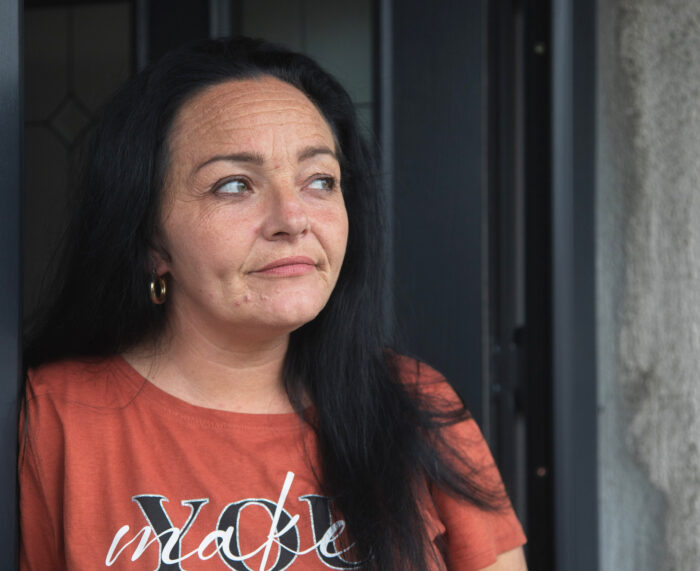
Laura O’Donnell, from St Mary’s Park in Limerick City, found herself in hospital for weeks and without her two young daughters when Adapt House and Novas came to the rescue.
Adapt House initially assisted Laura, (43), and her children with finding a “safe space to stay, counselling, training courses, childcare and legal matters, which I was forever thankful for”, she said
“Unfortunately, I couldn’t stay at Adapt House forever, but due to the help of Novas, I was then placed in temporary accommodation for families, plenty of advice and support, and then a temporary home in St Marys Park, a familiar place with family, friends and good neighbours.
“I stayed there for two years with support from Novas and, since January, I have finally moved into my forever home that I know can never be taken away from me.”
“I am so happy and grateful for Novas as now I am settled while still having amazing support from them, and I know I can call on Novas whenever I need support or guidance or just a chat.”
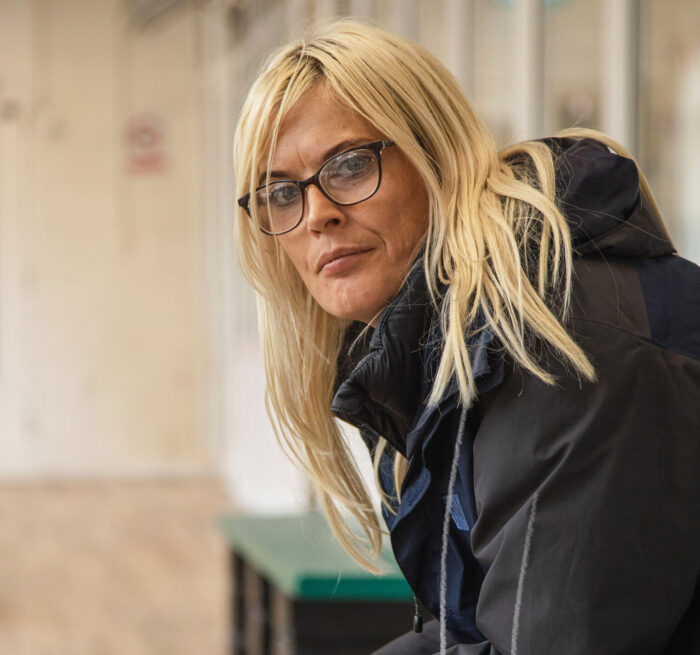
Another Novas client, Jade, who was homeless for ten years, said she hit “rock bottom” in 2021 after her partner died and her addiction to drugs took hold of her.
She explained she began abusing solvents from the age of seven.
“All my family used drugs and I thought it was normal,” she added.
“Engaging with Novas really gave me my life back, I now have my own place. I can put up a Christmas tree, my kids don’t have to be worrying about me overdosing, and I can enjoy being in the moment. It’s more than I ever thought it could be”.
Winita Delaney became homeless at the age of ten, after her mother died.
“After that, I was in 36 different foster homes, and I ran away from all of them.
“Traumas and low self-esteem led me into an abusive relationship and dabbling in drugs, but the breakdown in the relationship with my children was the hardest”, she explained.
With the support of Novas, she hopes to move in to a one-bedroom apartment through a social housing initiative, and engage with an education and rehabilitation course, leaving her “hopeful for the future”.
